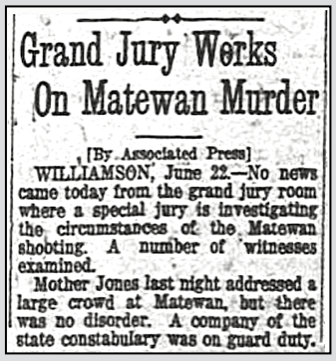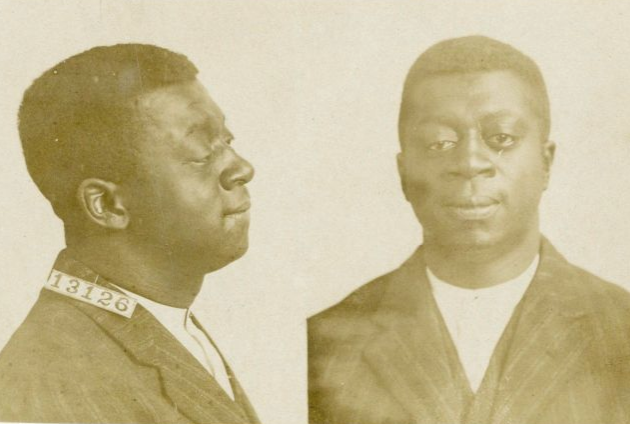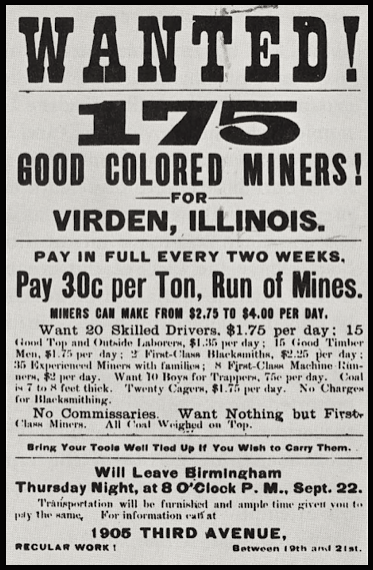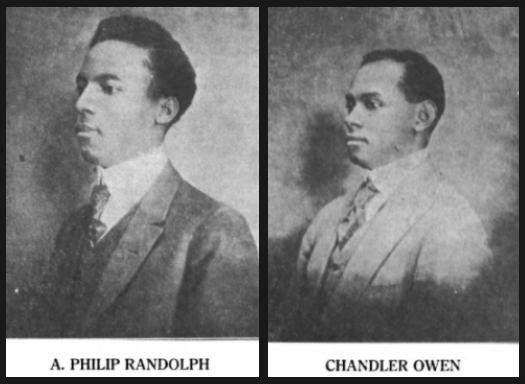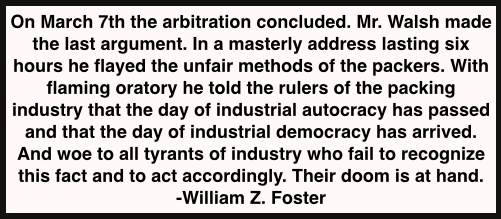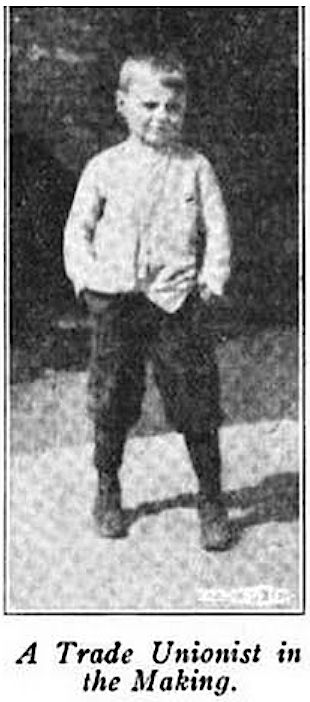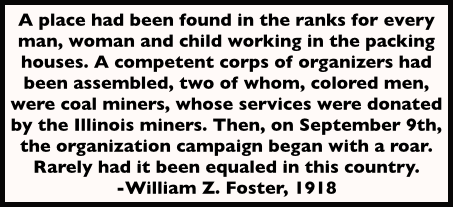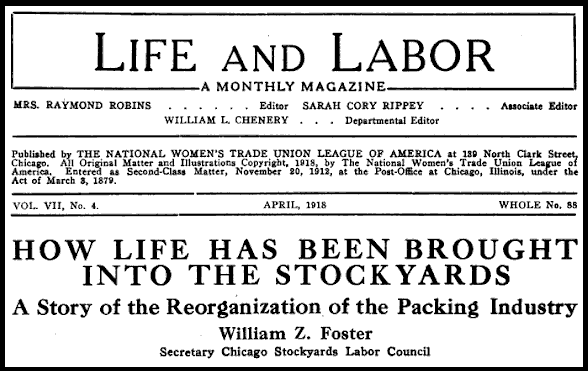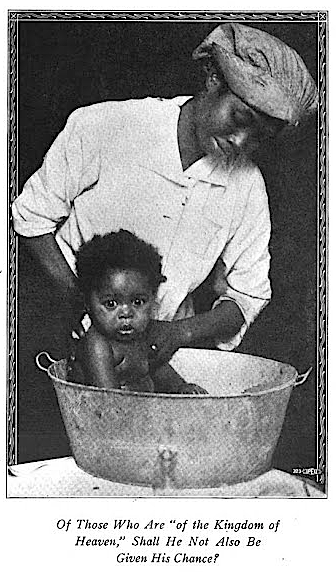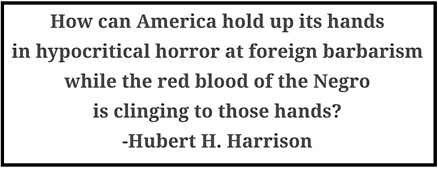 —————
—————
Hellraisers Journal – Thursday July 18, 1912
“Socialism and the Negro” by Hubert Harrison, Part II
From the International Socialist Review of July 1912:
[Part II of II]
The Duty of The Socialist Party.
I think that we might embrace the opportunity of taking the matter up at the coming national convention. The time is ripe for taking a stand against the extensive disfranchisement of the Negro in violation of the plain provisions of the national constitution. In view of the fact that the last three amendments to the constitution contain the clause, “Congress shall have power to enforce this article by appropriate legislation,” the party will not be guilty of proposing anything worse than asking the government to enforce its own “law and order.” If the Negroes, or any other section of the working class in America, is to be deprived of the ballot, how can they participate with us in the class struggle? How can we pretend to be a political party if we fail to see the significance of this fact?
Besides, the recent dirty diatribes against the Negro in a Texas paper, which is still on our national list of Socialist papers; the experiences of Mrs. Theresa Malkiel in Tennessee, where she was prevented by certain people from addressing a meeting of Negroes on the subject of Socialism, and certain other exhibitions of the thing called Southernism, constitute the challenge of caste. Can we ignore this challenge? I think not. We could hardly afford to have the taint of “trimming” on the garments of the Socialist party. It is dangerous-doubly dangerous now, when the temper of the times is against such “trimming.” Besides it would be futile. If it is not met now it must be met later when it shall have grown stronger. Now, when we can cope with it, we have the issue squarely presented: Southernism or Socialism-which? Is it to be the white half of the working class against the black half, or all the working class? Can we hope to triumph over capitalism with one-half of the working class against us? Let us settle these questions now-for settled they must be.

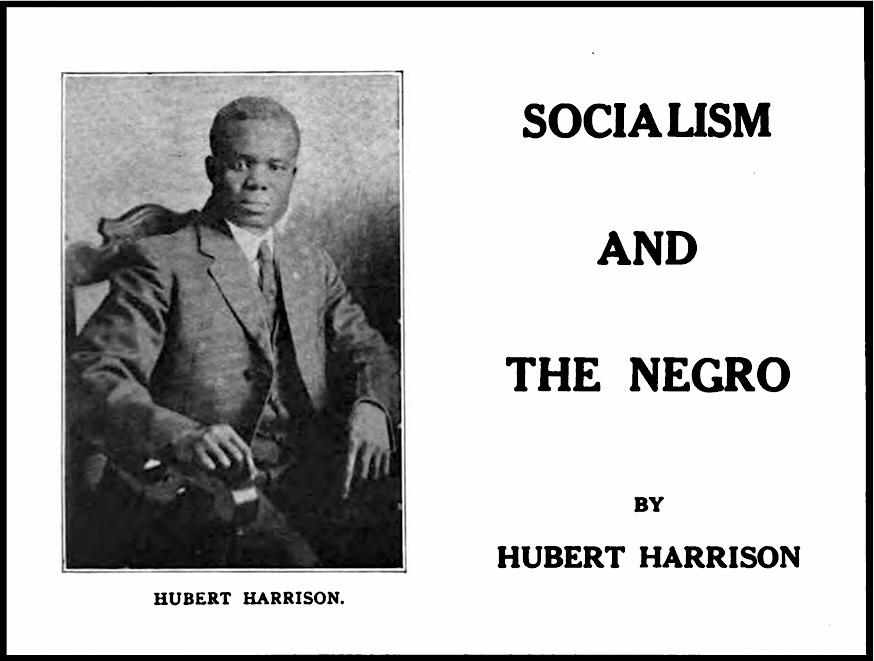
 ———-
———-